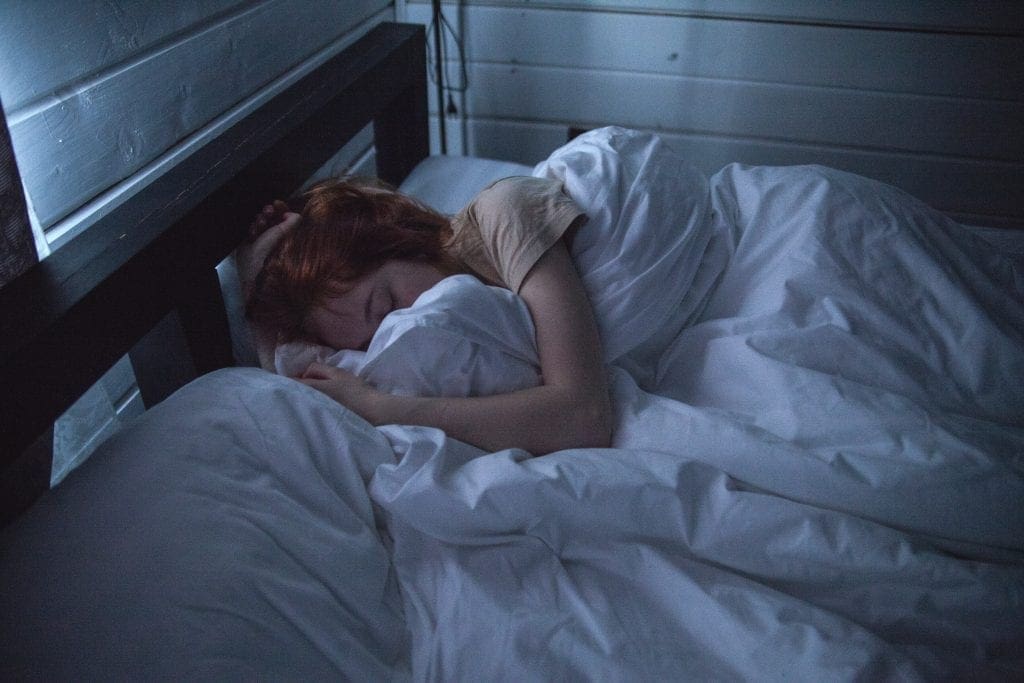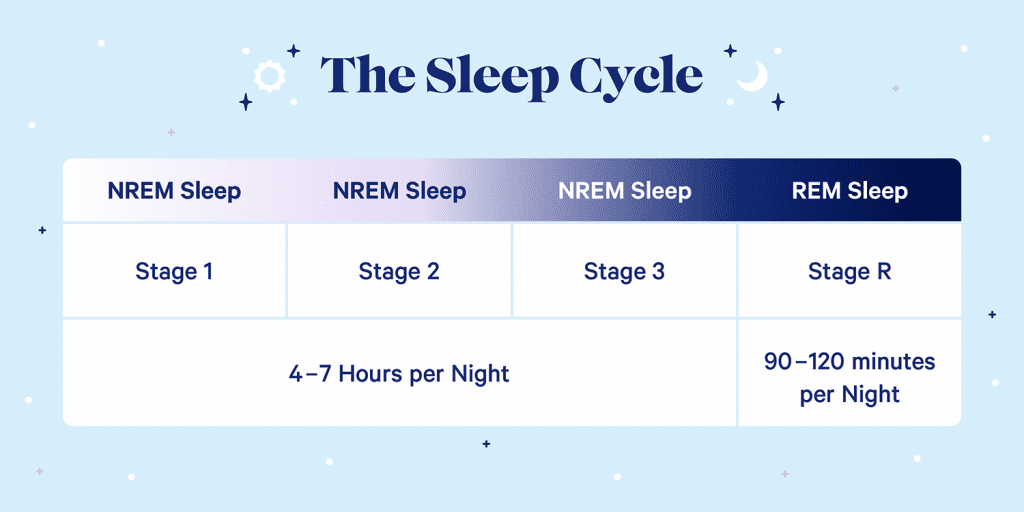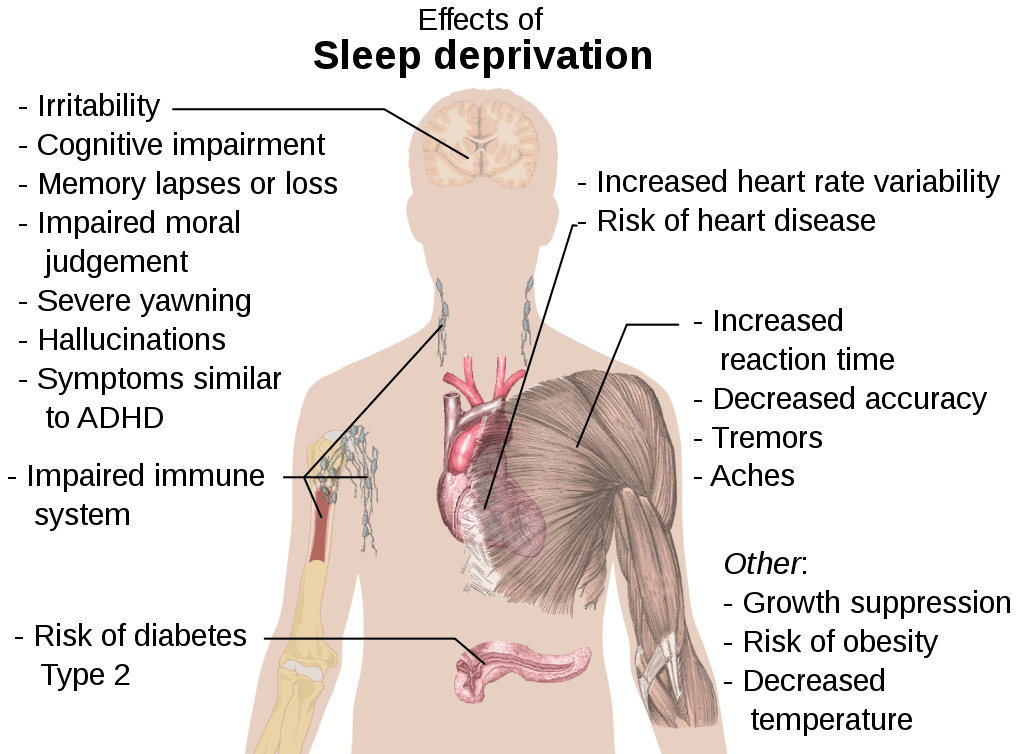
Credit: Ivan Oboleninov/Pexels
You Really Should Sleep More: Benefits to Sleeping
Sleeping, the enemy of time. What benefits does it offer?
Sleeping, the enemy of time. What benefits does it offer? Is it actually important? Can I go without? Let’s take a closer look.
Firstly, the way we sleep. Sleep can be divided into two categories, REM sleep (Rapid Eye Movement) and non REM sleep. Our sleep can then be broken down into four more stages, one, two, three and four. Stages one, two, and three are non REM sleep stages, stage four is an REM sleep stage.

Stage one is a transitional stage where our body eases into sleep and we doze off. Stage two is kind of an extension of stage one, the body and mind slow down.
Stage three is super important, we often refer to this stage as deep sleep. During stage three, the body recovers and the neurons essentially switch from an active to more dormant state. This stage is probably the most important sleep stage, a loss of this stage can have detrimental effects.
During stage four, brain activity reaches a level similar to that of waking hours, vivid dreams are associated with this stage. The main purpose of stage four is to stimulate areas of the brain associated with memory retention and learning. Throughout the night we pass through four to five sleep cycles within the four stages listed above. Each cycle takes anywhere from 70 to 120 minutes.
According to the National Heart Lung and Blood Institute teenagers need eight to ten hours of sleep a day. You may still discount the value gained from those eight to ten hours a night, in fact many Americans would agree with you. According to a book written by the Institute of Medicine (US) Committee on Sleep Medicine and Research fifty to seventy million Americans suffer from chronic sleep deprivation. Less than sufficient sleep for an extended period of time is considered chronic sleep deprivation.

At this point you may be wondering why chronic sleep deprivation is a bad thing, well, here’s why. According to Johns Hopkins, sleep deprivation is associated with the following: 6000 car crashes yearly, a fifty percent higher risk for obesity, thirty three percent more likely to develop dementia, three times more likely to develop type two diabetes, three times more likely to catch a cold, thirty six percent increase to develop colorectal cancer, forty eight percent increase in chances of developing heart disease, and last but not least sleep deprivation can age your brain three to five years. As you can see sleep deprivation has many adverse effects that none of us want to deal with.
Now let’s talk about ways that you can make sure that you are getting enough sleep every night. I know that as a high school student there are always things that force you to stay up later and later each night, with some discipline we can combat this and make our sleep (and health) a priority.
Our sleep-wake cycle is regulated by our circadian rhythm, an internal clock that repeats each and every day. We can maximize the efficiency of our circadian rhythm by going to bed and waking up at the same time every day. When we do this our body begins to become more and more efficient with our sleep meaning that we can reap greater and greater benefits.
Here are some ways for you to make sure you are getting consistent sleep:
1) Limit blue light exposure an hour before bed, invest in a pair of blue light glasses or don’t use electronics at all.
2) Avoid sleeping with your phone in your room at all costs, worst comes to worst put you phone across the room so that you will not be tempted to use it late into the night.
3) Don’t take naps, naps can affect your sleep by preventing you from releasing melatonin when you need to sleep. If you take a forty minute nap everyday then you should add an extra forty minutes to your nighttime sleeping to compensate.
4) Do your very best to get your homework done as soon as you can, this allows you time at time to relax, hang out with friends, play video games, go to practice/work while still getting to bed on time.
5) Don’t commit to an activity that will deprive you of sleep and not offer comparable benefits.
6) Don’t sleep in on the weekend. I know this is a tough one but you will have no need if you get sufficient sleep during the week.
7) Don’t stay up too late too often, it is perfectly okay to stay up late with friends, social interactions are super healthy for you, just limit yourself so you aren’t falling into bad sleep habits.
8) Try to get as many hours of sleep in before midnight as possible, these hours are the most beneficial.
9) Be disciplined! I know it is hard to follow these steps but I know that you can do it!

Bryant is a frequent guest writer for The Panther Eye. He enjoys sports, his favorites are soccer and skiing.
